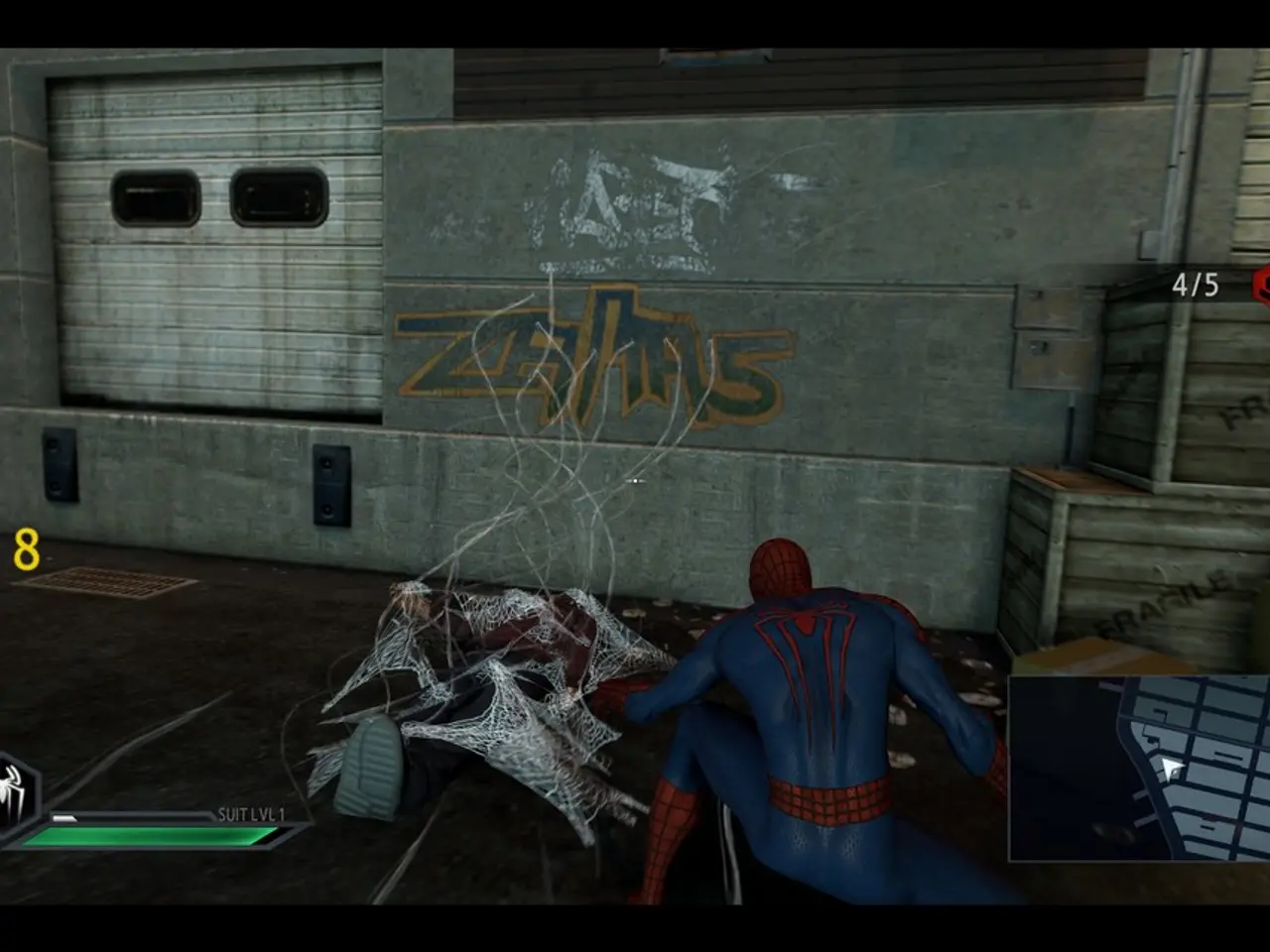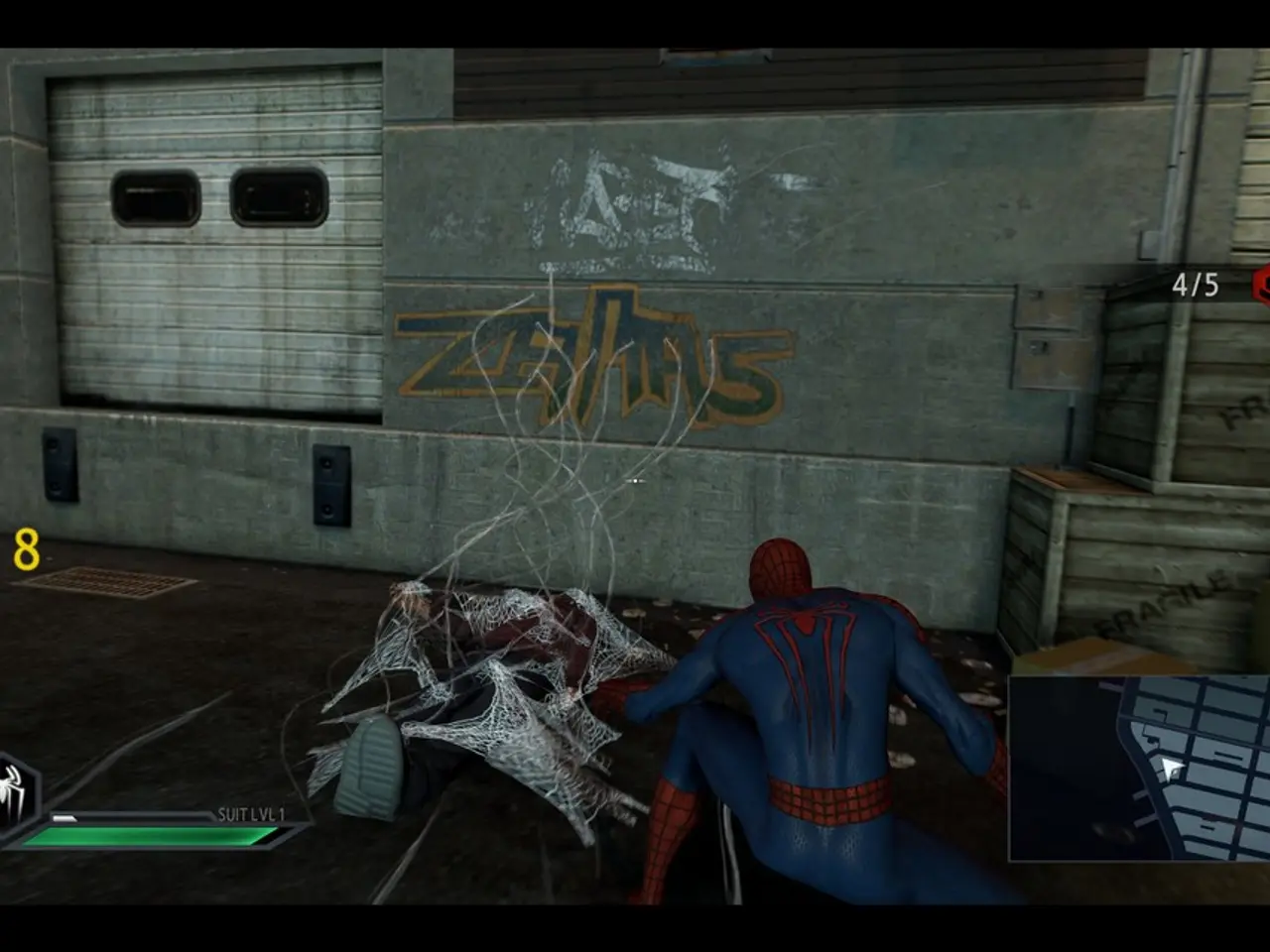Democrats in Texas abstaining from voting in their respective districts
=====================================================================================
In the heart of Texas, the state legislature is currently in session, and a heated partisan dispute over redistricting is making headlines. This conflict, centering on a Republican-led effort to redraw the state's congressional districts, has the potential to significantly alter the balance of power in the U.S. House of Representatives in the 2026 midterm elections.
Key Developments
- Redistricting Proposal: Republicans have introduced a map that, if implemented, would dismantle four majority-minority districts in Houston and Fort Worth. The U.S. Department of Justice (DOJ) has challenged this map as racially gerrymandered, claiming it unlawfully combines Black and Hispanic voters. However, Texas disputes the DOJ's claim, arguing the maps were drawn without racial considerations.
- Political Maneuvering: The GOP redistricting committee, chaired by a Republican, is pushing the plan forward largely along party lines. In response, Democrats, opposing the plan, have resorted to quorum-breaking tactics by leaving the state to delay or block passage. This move has prompted threats from Texas GOP leaders, including Governor Greg Abbott, who has suggested punitive actions such as stripping absent Democrats of their seats and authorizing measures to compel their return.
- Legal and Racial Implications: The DOJ's involvement signals a significant legal challenge focusing on voting rights and racial fairness in district drawing. Critics argue that Republicans are using the DOJ's racial gerrymandering accusations as legal cover for partisan map-drawing intended to increase GOP seats beyond what demographic fairness would suggest.
- Broader Impact: Texas's redistricting fight is part of a nationwide trend where states may follow Texas's lead to redraw lines for partisan advantage ahead of the 2026 midterms.
In essence, this dispute underscores partisan conflict intensified by racial voting rights concerns, legal battles over gerrymandering, and aggressive legislative and procedural tactics employed by both parties. Republicans seek to solidify and expand their U.S. House delegation, while Democrats aim to protect existing districts and resist curtailment of minority voting power.
[1] The Texas Tribune, "Texas Democrats flee to D.C. as redistricting fight heats up," 3 August 2021, https://www.texastribune.org/2021/08/03/texas-democrats-redistricting-flea/
[2] The New York Times, "Texas Democrats Flee Austin to Block a Redistricting Vote," 4 August 2021, https://www.nytimes.com/2021/08/04/us/politics/texas-democrats-redistricting.html
[3] The Washington Post, "Texas Republicans threaten to strip Democrats of their seats over redistricting fight," 5 August 2021, https://www.washingtonpost.com/politics/2021/08/05/texas-republicans-threaten-strip-democrats-their-seats-over-redistricting-fight/
[4] The Hill, "Justice Department challenges Texas's redistricting plan as racially gerrymandered," 3 August 2021, https://thehill.com/homenews/state-watch/570482-justice-department-challenges-texas-redistricting-plan-as-raciallygerrymandered
- Despite the ongoing political maneuvering on the redistricting issue, the policy-and-legislation disagreements over redrawing Texas's congressional districts have reached the realm of general-news, causing an intensified partisan conflict fueled by racial voting rights concerns.
- Amidst the legal battles over gerrymandering, the Department of Justice's challenge of the proposed Republican-led redistricting map potentially marks a crucial policy-and-legislation development as it raises concerns about voting rights and racial fairness in district drawing.








